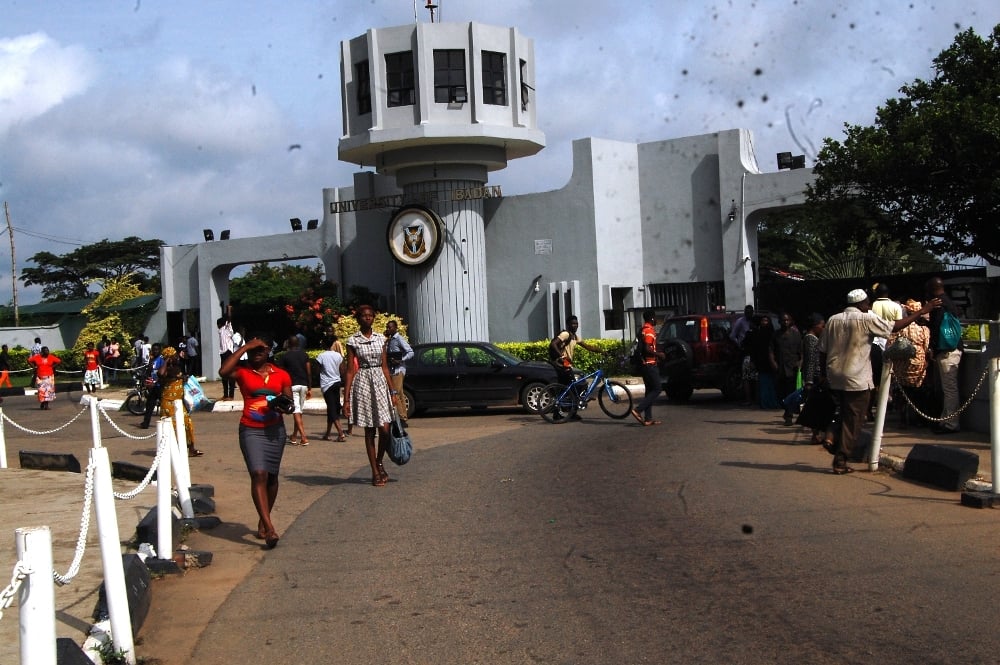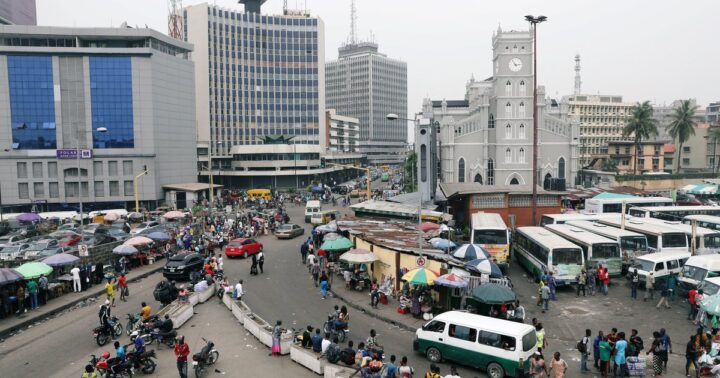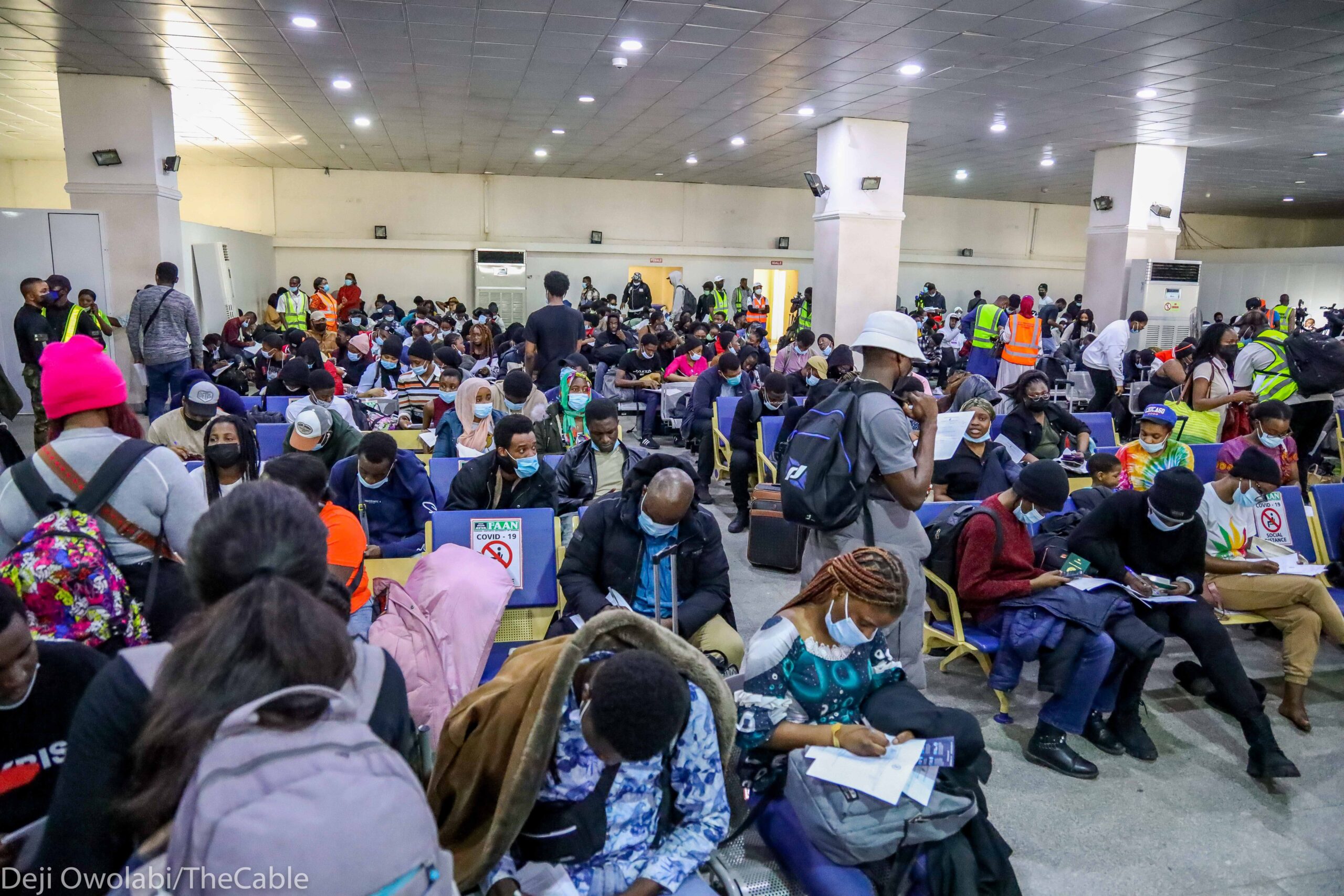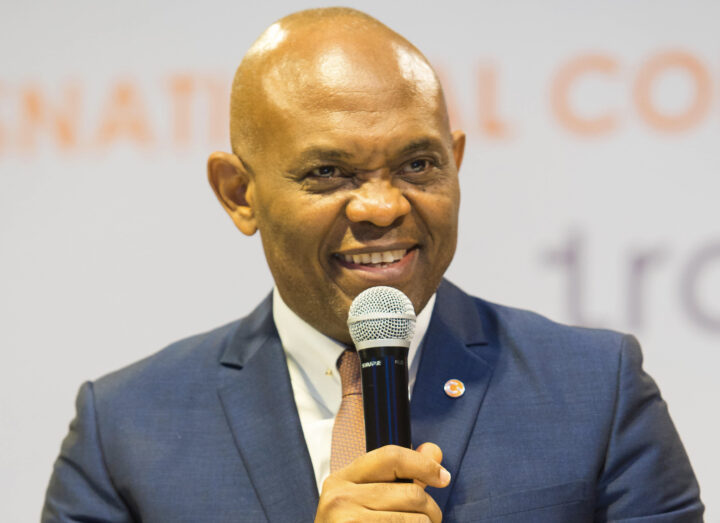BY ABU BILAAL ABDULRAZAQ BN BELLO BN OARE
It has become a norm that a student going to study a four years course, for example, in a Nigerian university, knows that he would have to spend four years plus X, where X is a variable determined by the total length of ASUU strike within the stipulated period.
According to verifiable reports, the Academic Staff Union of Universities (ASUU) has spent a cumulative period of 49 months and two weeks boycotting the classrooms between 1999 till date. That is to say, a total of four years and two weeks was lost to industrial dispute between the lecturers and their employers, the federal government of Nigeria, in a short span of twenty-two years.
In the last five years alone, excluding the current year (2022), ASUU spent a total of 395 days, more than a full calendar year, on strike. This represents one out of every four days in a period of 1,825 days. A number of interventions have been made by well-meaning, eminent Nigerians, to find a lasting panacea to the recurrent blackout in the university system, to no avail. Various high-powered negotiation teams from the federal government, headed by eggheads like the renowned boardroom guru, Gamaliel Onosode, and legal luminary, Wale Babalakin, have negotiated and re-negotiated different agreements and memoranda of understanding with ASUU, all of which are gathering dust in some bookshelves right now. The reason is that a comprehensive welfare package for university lecturers that exists only in theory cannot solve the problem on ground. The workability of the mouthwatering packages is where the challenge lies.
Advertisement
With the continual expansion of our universities in terms of numbers, and without a commensurate growth in government revenues, it is a no-brainer that the agreement of the Onosode committee is no longer implementable in full, except we choose to live in denial. Within the educational sector alone, there are several sub-sectors currently in intensive care unit, desperately gasping for government oxygen. In fact, within the university system in particular, SSANU and NASU have their plethora of issues yet unresolved. Expand the list to include other tertiary institutions like the polytechnics and colleges of education and you will find a litany of problems hovering around workers welfare and infrastructural development, all requiring humongous financial intervention.
It is obvious, therefore, that the university system requires alternative funding, instead of relying wholly on the federal government. This need for alternative funding, which was first highlighted by the Gray Longe Commission set up by President Ibrahim Babangida in 1990 to review the post-independence Nigerian Higher Education after Lord Ashby’s Commission of 1959, gave rise to schemes like ETF and TETFUND, which imposed a 2% tax on the assessable profits of all companies in Nigeria, as a homegrown solution to address issues of funding to rehabilitate decaying infrastructure, restore the lost glory of education and confidence in the system as well as consolidate the gains thereto, build the capacity of teachers and lecturers, etc.
However, the quantum of lack, underdevelopment, and decay in our institutions of higher learning needs more than just tokenistic interventions. Building a block of hostels here, and a pair of lecture theatres there will not do more than a cosmetic dressing of the problem at hand.
Advertisement
To start with, ASUU has been clamouring for university autonomy. It has been one of the strongest points in their argument against the Integrated Payroll and Personnel Information System (IPPIS). However, claiming university autonomy while living off the federal government raises a moral question, as it is only natural that he who pays the piper dictates the tune. If the university system must be truly autonomous then it must fund itself.
This is where the idea of concessioning comes in. Under concession arrangements, the state delegates to the private sector the right to provide a service, yet retains some control over the sector by incorporating in a concession contract or license the terms and conditions that will govern the infrastructure, project or company. Nigeria currently has 43 federal universities and 48 state-owned universities. Instead of suffocating under this bloated system that ends up turning out graduates that are unemployable, the government can look at the best six universities, one from each geopolitical zone, to assuage ethnic and political persuasions, and upgrade these six to Ivory Tower statuses. A higher standard can be set to admit students into these special six to ensure only the bright and clever are absorbed, and these successful students will enjoy government scholarships or bursary allowances. Then the other schools can be concessioned in a well thought out public-private partnership where the private investors manage the system, generate their own funds without relying on government subventions, while the government concentrates on playing a strictly regulatory role and providing an efficient framework within which the schools operate.
Such outsourcing arrangement, inter alia, will check the underwhelming performance of lethargic university personnel, lead to drastic improvement in the lecturers’ welfare and throughput, improve investment in the university education both in the big six and the concessioned schools, and adequately address the issue of incessant strikes by university lecturers. Just like strike actions are non-existent in the private universities in Nigeria today, that is how it will be with the concessioned public universities. It will be a lot easier and convenient for the federal government to manage six universities than the present forty-three, many of which are no better than glorified secondary schools.
Regrettably, however, it is expected that such arrangement will lead to a rise in the cost of university education, but this can be viewed in two ways.
Advertisement
Firstly, quality education is not cheap anywhere in the world. You cannot compromise quality and cost. It is better for students to pay a realistic school fees and get the value for their money without undue disruption of their academic calendar than continue with the present system that is failing in all ramifications. The desire to provide every Nigerian access to education at all levels is laudable but not practicable given the present circumstances. Politicians only use it for campaigns to win votes.
Secondly, with the number of institutions scattered around the country, in a perfectly competitive market, the cost of university education will eventually come down to a reasonable level with time, if given to the private sector to manage and run.
Let us bear in mind that since the introduction of private universities in Nigeria, the sector has already been deregulated to some extent. This, therefore, is only a call to expand the deregulation to achieve more private sector involvement and less government participation.
Anyone who has visited the Murtala Muhammed Airport, Ikeja, can easily tell the difference between Terminal 1 (MMA I), which is government operated and Terminal 2 (MMA II) which has been concessioned. The facilities in MMA II – including elevators/escalators, toilets, air-conditioners, scanners, etc – are more functional and the personnel there are more responsive to their duties. That is what concessioning does. Until we begin to look into same direction for our universities, we may never stop discussing ASUU strikes.
Advertisement
Oare writes from Kaduna. He can be reached via [email protected] or on Twitter @Sahaabah01
Advertisement
Views expressed by contributors are strictly personal and not of TheCable.
Add a comment






